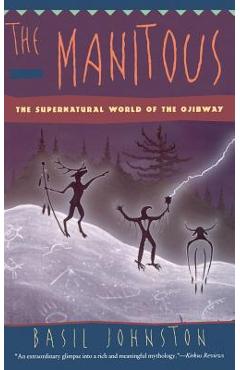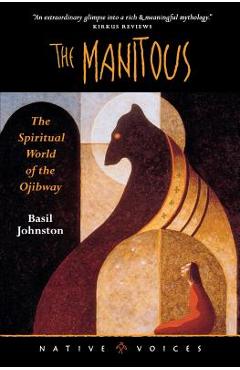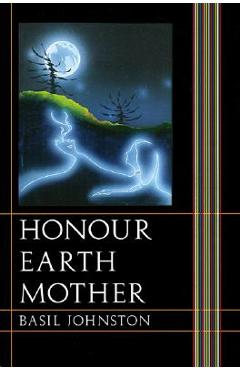Ojibway Tales - Basil Johnston

Detalii Ojibway Tales - Basil Johnston
libris.ro
94.58 Lei
105.09 Lei
Fiction
Basil Johnston
Ojibway Tales - Basil Johnston - Disponibil la libris.ro
Pe YEO găsești Ojibway Tales - Basil Johnston de la Basil Johnston, în categoria Fiction.
Indiferent de nevoile tale, Ojibway Tales - Basil Johnston din categoria Fiction îți poate aduce un echilibru perfect între calitate și preț, cu avantaje practice și moderne.
Preț: 94.58 Lei
Caracteristicile produsului Ojibway Tales - Basil Johnston
- Brand: Basil Johnston
- Categoria: Fiction
- Magazin: libris.ro
- Ultima actualizare: 28-10-2025 01:22:05
Comandă Ojibway Tales - Basil Johnston Online, Simplu și Rapid
Prin intermediul platformei YEO, poți comanda Ojibway Tales - Basil Johnston de la libris.ro rapid și în siguranță. Bucură-te de o experiență de cumpărături online optimizată și descoperă cele mai bune oferte actualizate constant.
Descriere magazin:
The Ojibway Indians\' sense of humor sparkles through these stories set on the fictional Moose Meat Point Indian Reserve, connected by a dirt road to the town of Blunder Bay. If some of them seem farfetched and even implausible, Basil L. Johnston writes, it is simply because human beings very often act and conduct their affairs and those of others in an absurd manner. These twenty-two stories were originally collected under the title Moose Meat and Wild Rice. Among the most memorable of the stories is They Don\'t Want No Indians, in which all attempts are made to circumvent bureaucratic red tape and transport a dead Indian to his home for burial. One of the funniest is Indian Smart: Moose Smart, which pits a moose in a lake against six Moose Meaters in two canoes. If You Want to Play and Secular Revenge are the result of misunderstanding or imperfect communication. Still other stories, like What Is Sin? and The Kiss and the Moonshine, reveal the clash of different cultural approaches. All show the warm-heartedness and good will of the Ojibway Indians. If they are gently satirized, so are the whites who would change them, and with good reason. Government ineptitude and rigid piety are foisted on the Moose Meaters, who have only thirty thousand acres to move around in. Basil Johnston, an Ojibway who was born on the Parry Island Indian Reserve, is a linguist and lecturer in the department of ethnology at the Royal Ontario Museum in Toronto. His other works include Ojibway Ceremonies (1990) and Ojibway Heritage (1990), both available as Bison Books.

Produse asemănătoare
Produse marca Basil Johnston

The Manitous: Supernatural World of the Ojibway, the - Basil Johnston
![]() libris.ro
libris.ro
Actualizat in 28/10/2025
101.12 Lei

The Manitous: The Spiritual World of the Ojibway - Basil Johnston
![]() libris.ro
libris.ro
Actualizat in 05/06/2025
128.06 Lei


